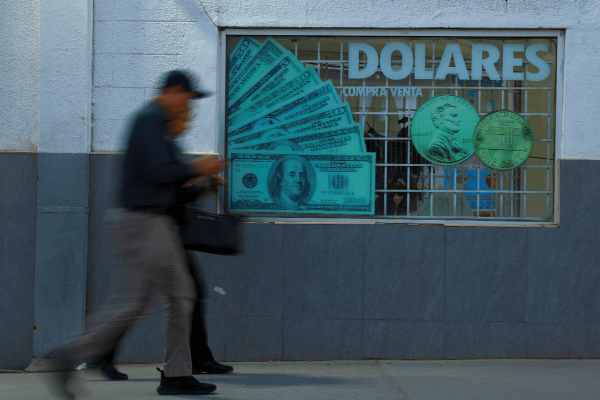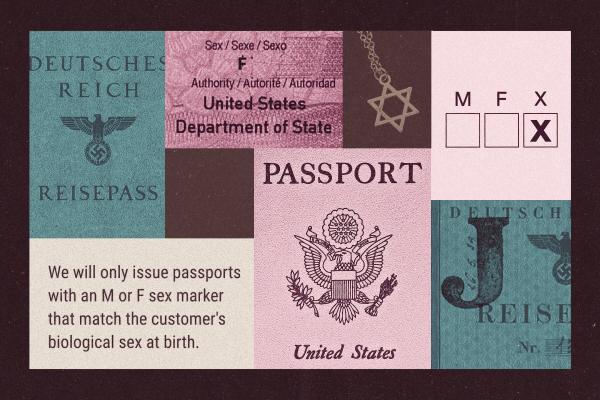“As he came near and saw the city, Jesus wept over it, saying, “If you, even you, had only recognized on this day the things that make for peace! But now they are hidden from your eyes.” (Luke 19:41-2)
One year ago, thousands of South Koreans gathered in a public square in the capital city of Seoul to initiate what came to be known as the Candlelight Revolution. The October-to-December protests drew millions of people from all ages and walks of life, including families with children. For six weeks, millions of protesters’ candles lit up the night across South Korea.
The Candlelight Revolution was a powerful example of the power of nonviolent resistance. Through a series of weekly protests, ordinary people demanded the resignation of their president, Park Geun-hye, after discovering that her friend, on trial for corruption charges, was also exerting undue influence on Ms. Park’s state affairs. On Dec. 9, the National Assembly voted to impeach their president.
One year later, tensions have shifted. What had been a domestic conflict in South Korea was resolved with national elections in early 2017. Now, wider regional tensions on the Korean Peninsula have become a major global threat, with the leaders of the United States and North Korea threatening each other with war.
Tens of millions of soldiers and citizens died in World Wars I and II. The consequences of a World War III, or a nuclear exchange, are unthinkable.
In August 2017, the U.S. Region of the Columbans, in dialogue with their fellow missionaries in South Korea, issued a statement of deep concern:
“We call on leaders of all nations, but particularly the United States, North Korea and South Korea to pursue all paths to peace and all channels of dialogue and inclusive negotiation. The fate of millions of lives, the environment, and world peace is at stake…we must not lose hope for the human family, and future generations of life on earth. Diplomacy has worked before with North Korea. It can again save lives and promote peace.”
In the gospel of Luke, Jesus weeps over Jerusalem, saying, “‘If you, even you, had only recognized on this day the things that make for peace! But now they are hidden from your eyes.’” (Luke 19:41-2).
What are the things that make for peace in this moment?
Every day that we look out on the world, we are overwhelmed by the immensity of human suffering. More people are displaced from their homes, crossing borders, and fleeing from the impact of extreme poverty, war, and climate-related disasters than at any time in recent human history. And these numbers are projected to as much as quadruple in the future.
Yet, we are reminded, invited, called to bear witness to the things that make for peace. In this respect, Pope Francis has been a model, demonstrating the mercy and compassion of Jesus for those who have fallen by the roadside, the primary victims of violence and war — and for those excluded by a global and domestic economy in which the gap between rich and poor continues to grow, and those persecuted on account of their race, ethnicity, or faith.
So where do we turn for hope?
Peace and nonviolence are at the heart of the gospel. Significantly, the desire for peace and the commitment to work for peace through nonviolent means were deepened in the twentieth century, in the midst of terrible destruction and the horrors of two World Wars. The United Nations, too, was born of a desire “to save future generations from the scourge of war,” and a commitment “to promote a culture of peace.”
Nearly 75 years after the United States dropped atomic bombs on the Japanese cities of Hiroshima and Nagasaki, the non-nuclear nations of the world gathered at a historic meeting of the United Nations General Assembly in New York in July. There, they signed a treaty calling for the abolition of nuclear weapons throughout the world. None of the nine nuclear nations signed. But the more than 122 nations that did were clear — in a nuclear exchange, there are no boundaries to the destructive impact and humanitarian and environmental consequences of war.
Pope Francis has been very clear on this as well. He has called the total elimination of nuclear weapons “both a challenge and a moral and humanitarian imperative” of our time.
We cannot leave the fate of our world and our future generations exclusively to the political leaders of our time. As Christian citizens of every nation, we have a responsibility to bear witness to the things that make for peace.
We need a global Candlelight Revolution for peace, in every neighborhood, every city square, and every nation in the world. Like South Korea one year ago, the numbers at first may be small. But with time, and the urgency for peace, we must magnify our cry and hold our leaders accountable.
In this season of Advent for Christians throughout the world, may we light up the world with a Candlelight Revolution for peace. May we bear witness to that ancient hope of Advent: “A light shines in the darkness, and the darkness has not overcome it.” (John 1:5)
Got something to say about what you're reading? We value your feedback!







